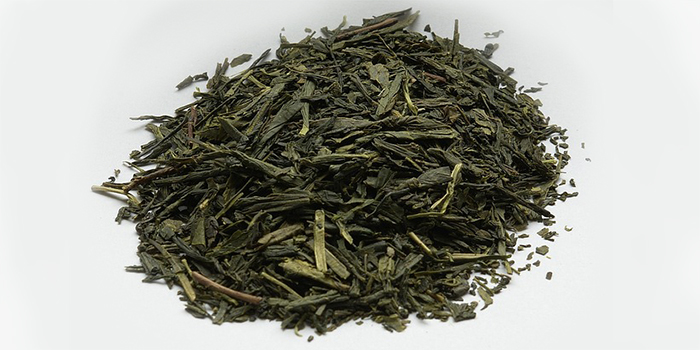
People love to compare green tea and coffee. There is webpage after webpage of coffee and tea comparisons. Caffeine content and health benefits are almost always the criteria of comparison. However, the differences between these beverages are truly night and day, as you might expect when comparing a leaf and a bean.
Importantly, there is much more to green tea than caffeine. One aspect of perhaps many involves the amino acid L-Theanine, found in the leaves of green tea. It is responsible for the unami flavor of the brew, the “fifth taste” (sweet, sour, salty, bitter, unami). One way to describe the savory and rich unami flavor is to think beef, onions and mushrooms. There's much more to L-Theanine than flavor.
L-Theanine has been attributed to increasing alpha brain wave activity, which can promote a focused yet alert state of relaxation. It is no wonder the brew is used by monks and scholars for meditation and study. Further, “increased alpha activity in the brain induced by L-theanine has been associated with increased creativity, increased performance under stress, and improved learning and concentration as well as decreased anxiety.” L-Theanine combined with caffeine reduces the jitteriness of caffeine often experienced with coffee. Interestingly, the amino acid promotes a relaxed and calm state, while increasing sensations of pleasure.
Most notable perhaps, is the link between “entering the zone” (sports terminology) and increased alpha brain wave activity. The two articles below go into more detail on L-Theanine.
"L-theanine is an amino acid responsible for increasing alpha brain wave activity, which promotes relaxation."
...
"Studies have also shown that there are added benefits to tea, besides alertness. In a paper by Eschenauer and Sweet, it was concluded that “increased alpha activity in the brain induced by L-theanine has been associated with increased creativity, increased performance under stress, and improved learning and concentration as well as decreased anxiety.”
...
"Specialists have found that L-theanine gives tea its characteristic umami or fifth taste."
...
"Scientific studies, performed using electroencephalography, have discovered that theanine mutes the effect of caffeine, which is why tea doesn’t have the jitteriness of coffee."
...
"Gamma-aminobutyric acid blocks the release of the neurotransmitters dopamine and serotonin to promote a state of deep relaxation and calm, while increasing sensations of pleasure."
...
"In sport’s terminology, entering a state dominated by Alpha waves is known as entering the zone."
...
"Theanine increases concentration, a reason why monks and scholars incorporate tea drinking into meditation and study. It helps to relax your mind, allowing you to focus on the task at hand."








